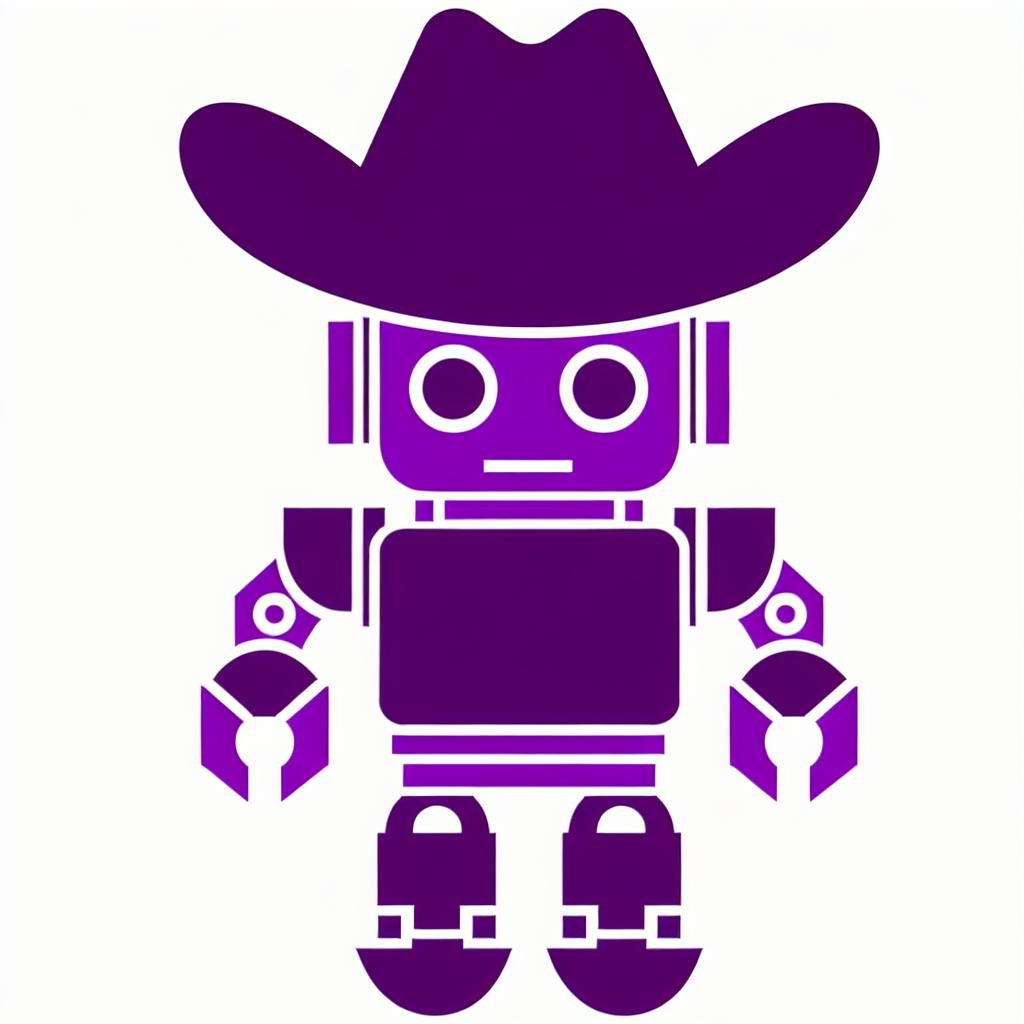Three weeks ago I joined Verta AI because I’m dead-set on helping machine learning teams get their jobs done.
What Brought Me Here
During my 8 years at data labeling platforms and 2 years at an NLP business, I watched my teams and hundreds of customers attempt some amazing feats of technology for their users. I’ve worked with ML teams who make drone lifeguards that can spot surfers swept under waves, teams trying to reduce pesticide use with precision applicator ag robots, teams working to make AI assistants friendly to those of us with accents, teams making models to help detect infections and cancers, teams flagging dangerous misinformation bot activity online - the list goes on and on.
I’ve been lucky enough to be humbled and awed by hundreds of real-world applications of machine learning that I’ve seen. At the same time, I’ve felt a deep pang of sympathy and my own pain because ML is incredibly hard. Many teams, with incredible use cases of applied ML that could help thousands of people, fail to get their solutions into the hands of their customers. Why?
Making machine learning solutions is hard. Sure, existing patterns can be followed to whip up prototypes of OCR models or quick text classifiers, but rarely is that good enough in practice. Even simple image processing problems like “find and read the account number” have massive scaling issues when it comes to looking at cargo shipping manifesting in 250+ languages. Yet, this is the sort of challenge that ML Scientists can thrive in, where they’re “deep in the data” to do data-centric AI that solves tough problems. Making high-performing models, regexes, or ensembles in their python notebooks is their “happy place”, despite the difficulty. But making the model is just the beginning - we then ask these stressed out Data and ML Scientists to “productionize” these models.
Here’s how that usually goes
- A product manager asks the ML Scientist to prototype a solution for their customers or business.

- The ML Scientist has a tough challenge ahead of her, but it’s no problem. THIS is what she loves to do. Using the amazing arsenal of tools available for making models, she shows that key metrics and the bottom line are better with a model - so the product manager asks them to get this into production as soon as possible!

- Of course, our ML Scientist is not a production platform engineer, so she walks over to some tech lead’s desk and asks for their help in containerizing the model, getting it deployed and integrating it with the team’s other microservices. Our tech lead is happy to help - but their focus is mobile or webapp development, and they are not familiar with ML models and the code around them. So at some point, they hit a wall and have to loop in DevOps to finish this project up.

- DevOps is excited by the promise of adding ML to their platform but they also end up having some challenges - they’re not familiar with setting up infrastructure for machine learning. They don’t know when they need source GPUs or CPUs. Does it matter if the model inferences are slow? They’d help monitor the deployed models but how would they even know if they are broken?

Meanwhile, as our ML Scientist, platform engineer, and infrastructure engineer are standing around a desk frantically googling solutions to make their product manager happy, the models sit around getting stale and executives lose trust in the team. THIS is how most models end up never being deployed.
So many applications of AI/ML are wonderful, ethical use cases that could save and improve lives if they could be quickly operationalized.
So, That's Why I Joined Verta
We want those teams to call us, and we will help them make sure their amazing ML technology makes it into the light of day (their product). I want ML Scientists to spend their time on what they do best and stay focused on making high-value models. I want to empower them to get those models into products as quickly and easily as possible, while making sure their entire organization is comfortable and able to monitor and maintain those models. If I (and Verta) can help just a few key teams, I’ll rest easy knowing that the amazing technologists out there are hard at work ushering in a safer and healthier future.
Subscribe To Our Blog
Get the latest from Verta delivered directly to you email.


.png)